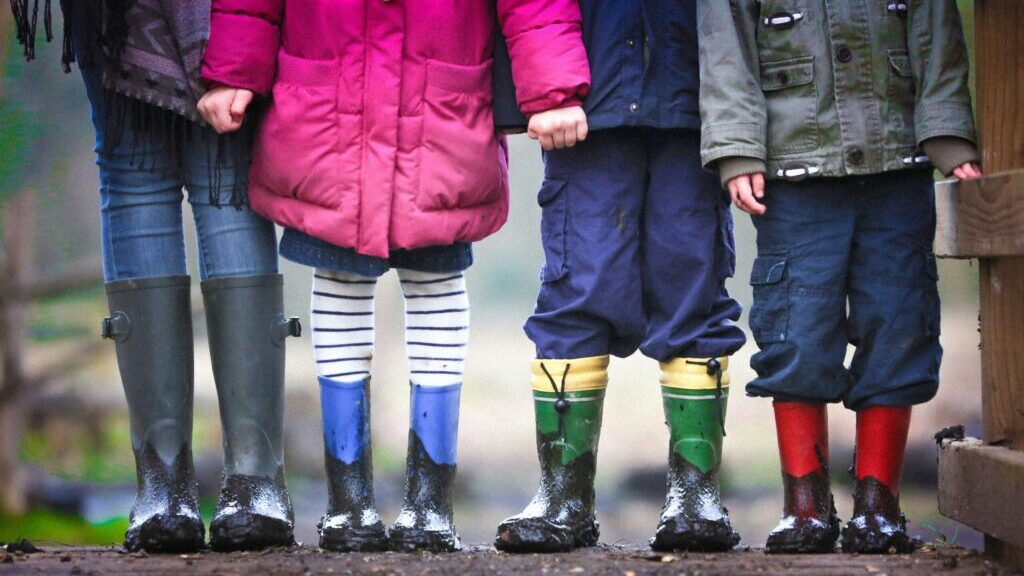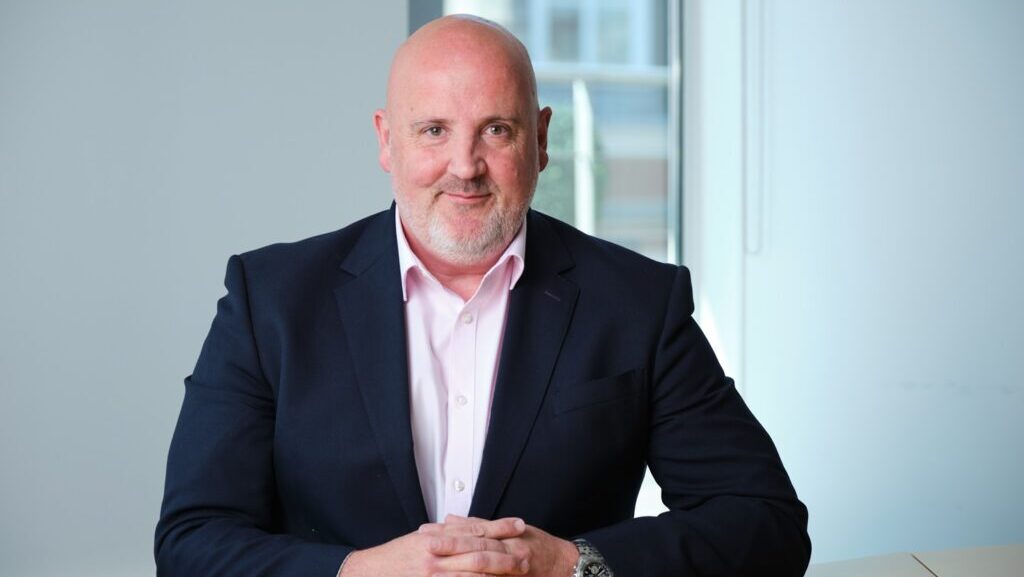Parents of children with special educational needs and disabilities (SEND) report a significant increase in difficulty when it comes to…
Registered two-year-olds for 15 hours drops while spaces increase
Ofsted have published figures today that reveal a decrease in early years providers but a small increase in childcare places
This is the main findings report for the childcare providers and inspections as at 31 March 2024 release.
Key findings:
- 61,800 childcare providers were registered with Ofsted, down by 1,440 (2%) since 31 March 2023. Most of this decline was due to a fall in the number of childminders.
- The number of childminders registered with Ofsted had decreased by 1,340 (5%) since 31 March 2023, to 26,500 providers. The decline was lower than in previous years, in part, due to the lower number of leavers.
- 1.27 million childcare places were offered by providers registered on the Early Years Register (EYR), up by 1,370 (less than 1%) since 31 March 2023.
- At their most recent inspection, 97% of childcare providers were judged good or outstanding, an increase of 1 percentage point since last year.
Of the early years registered providers that have had a full inspection, 97% were judged good or outstanding at their most recent one. This is an increase of 1 percentage point since 31 March 2023.
Furthermore, the proportion of outstanding childcare providers has fallen from 18% to 14%.
DfE figures reveal lowest figures for two-year-olds accessing 15 hours
The number of disadvantaged 2-year-olds eligible and registered for the 15-hour entitlement dropped by 7% since 2023, which is the lowest figures recorded.
Other key figures included:
- The number of 3 and 4-year olds registered for the 15-hour entitlement continued to decrease (down 2% since 2023), however the take-up rate increased. All 3 and 4-year olds are eligible, therefore the increase in the take up rate was due to falling birth rates causing the 3 and 4-year old population to decrease more than the number of children registered.
- Whilst the number of children registered for the 30-hour entitlement fell slightly, it still represented the second highest figure in the series (which started in 2018). Take up rate is estimated to be over 4 in 5 eligible children.
Commenting, Neil Leitch, chief executive of the Early Years Alliance, said:
“The fact that the number of two-year-olds registered for the 15-hour entitlement has reached a series low is deeply worrying.
“We all know that early education has a significant impact on a child’s development, and there is a wealth of evidence showing that children from more disadvantaged backgrounds benefit the most from access to quality provision.
“With the sector now in the midst of an early entitlement expansion focused on working families, it is absolutely crucial that any future early years policies look to narrow the disadvantage gap before even more children lose out – especially given that a recent National Audit Office report into the expansion raised concerns that it may only widen it further.
“At the Alliance, we believe that every child – and especially those from economically poorer backgrounds – must be able to benefit from early education and care. As such, we hope that the new government has this high up on their list of priorities and we look forward to working with them to achieve this.”
Purnima Tanuku OBE, chief executive of National Day Nurseries Association (NDNA) said: “These figures show that take-up of the funded childcare places are increasing across the board. There is still more that can be done to ensure eligible two-year olds are getting their funded hours. We know that access to high-quality early education and care makes the biggest impact children from disadvantaged backgrounds.
“With the private and voluntary sector delivering two-thirds of funded places and nearly 80% of places when it comes to two-year olds, it is clear our sector is vitally important to delivering this policy. We need to make sure that children are in age appropriate settings that meet the needs of working families.
“The figures around children with SEND reflect the increasing numbers of children with growing needs that providers are telling us about from the frontline. Since 2020 the proportion of children with SEN has grown from 3.5% of two year-olds to 5% and from 6.6% of three and four year-olds to almost 9%. This may only be the tip of the iceberg as we know that access to specialist services is delaying the identification of issues and plans being put in place.
“As parents and providers look ahead to further expansion of the funded offer from September it is reassuring to see the high percentage of places being taken up in good or outstanding settings. We need to ensure that funding is keeping up with delivery costs for providers so they remain sustainable for families and can also focus on maintaining high quality.”
Latest News
Tops Day Nurseries has refreshed its identity with a full brand makeover, including a modernised logo.
Specialist business property adviser Christie & Co has seen a 62.5% increase in day nursery deals in the first half…




